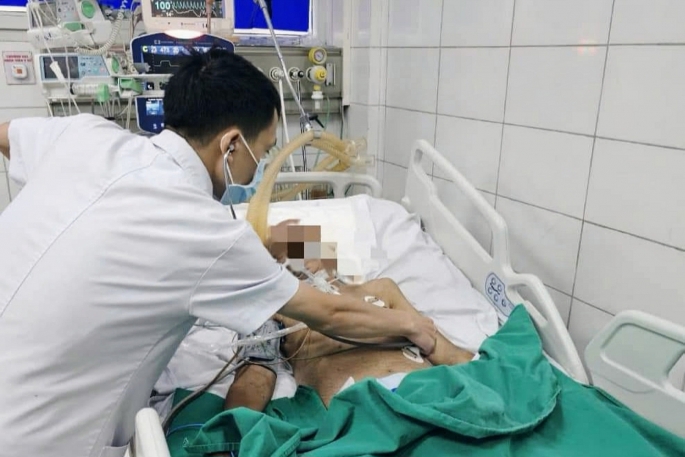 |
Patient LVT, 72 years old, residing in Hanoi, was diagnosed with non-Hodgkin lymphoma in July 2024 and has undergone two chemotherapy treatments. After the most recent chemotherapy treatment about 1.5 months ago, the patient's health began to decline seriously. Over the past month, the patient has continuously experienced abnormal symptoms such as fatigue, poor appetite, increasing jaundice, indigestion, dark urine, and yellow stools.
Upon arrival at the medical facility for examination, the patient was in a state of hypotension with an index of 80/50 mmHg. The doctors initially diagnosed acute liver failure on the basis of non-Hodgkin lymphoma. After receiving emergency treatment with vasopressors and oxygen, the patient was transferred to the Central Hospital for Tropical Diseases.
Here, doctors discovered many more dangerous complications including pneumonia and sepsis. The patient's condition continued to worsen with progressive respiratory failure, requiring endotracheal intubation and mechanical ventilation. Notably, through testing gastric fluid and bronchial fluid, doctors discovered many images of strongyloidiasis, thereby confirming the diagnosis of disseminated strongyloidiasis.
Doctor Dang Van Duong - Department of Intensive Care said that this is a case where the patient had a serious underlying disease, non-Hodgkin's lymphoma - a type of lymphoid leukemia, and had to undergo chemotherapy causing complications of severe liver failure and severe systemic immunodeficiency.
Upon admission of the patient with severe infection, the doctors suspected the possibility of disseminated strongyloidiasis and performed the necessary tests. Positive test results for strongyloidiasis in both gastric and bronchial fluids confirmed this diagnosis.
The patient was actively treated with specific anti-strongyloidiasis drugs combined with broad-spectrum antibiotics. After a period of treatment, the patient's condition had positive changes, however the treatment process still needed to be prolonged.
Through this case, doctors noted that strongyloidiasis can manifest very differently between normal people and people with immunodeficiency. In healthy people, the disease usually only causes mild symptoms such as digestive disorders, rash, fatigue and loss of appetite. However, in immunocompromised patients, especially those who are taking corticosteroids or immunosuppressants for a long time, strongyloidiasis can develop into hyperinfection syndrome or disseminated infection. In these cases, worm larvae can invade many important organs such as the heart, liver, lungs, kidneys and brain, causing severe, life-threatening infections that require complex and expensive treatment.
Source: https://kinhtedothi.vn/nguy-co-nhiem-giun-luon-lan-toa-o-benh-nhan-suy-giam-mien-dich.html






![[Photo] Prime Minister Pham Minh Chinh receives Mr. Jefferey Perlman, CEO of Warburg Pincus Group (USA)](https://vstatic.vietnam.vn/vietnam/resource/IMAGE/2025/4/18/c37781eeb50342f09d8fe6841db2426c)
![[UPDATE] April 30th parade rehearsal on Le Duan street in front of Independence Palace](https://vstatic.vietnam.vn/vietnam/resource/IMAGE/2025/4/18/8f2604c6bc5648d4b918bd6867d08396)


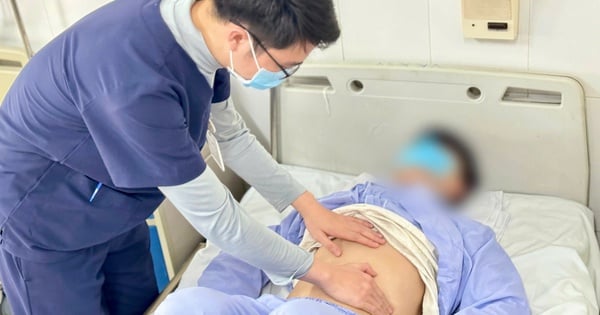

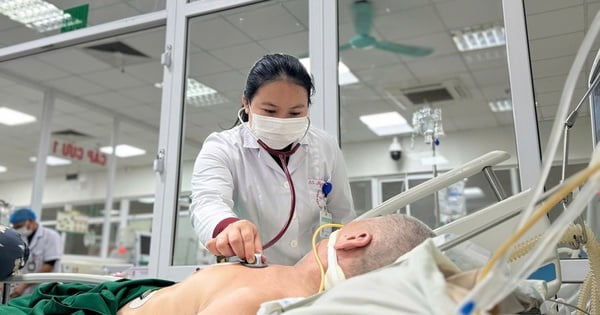
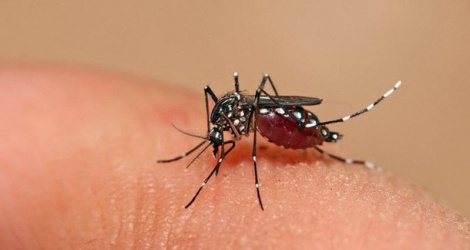

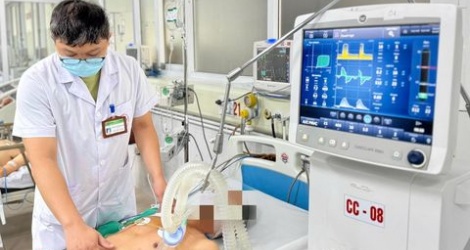

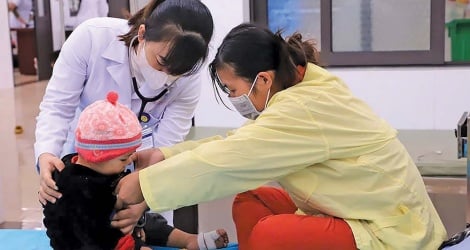

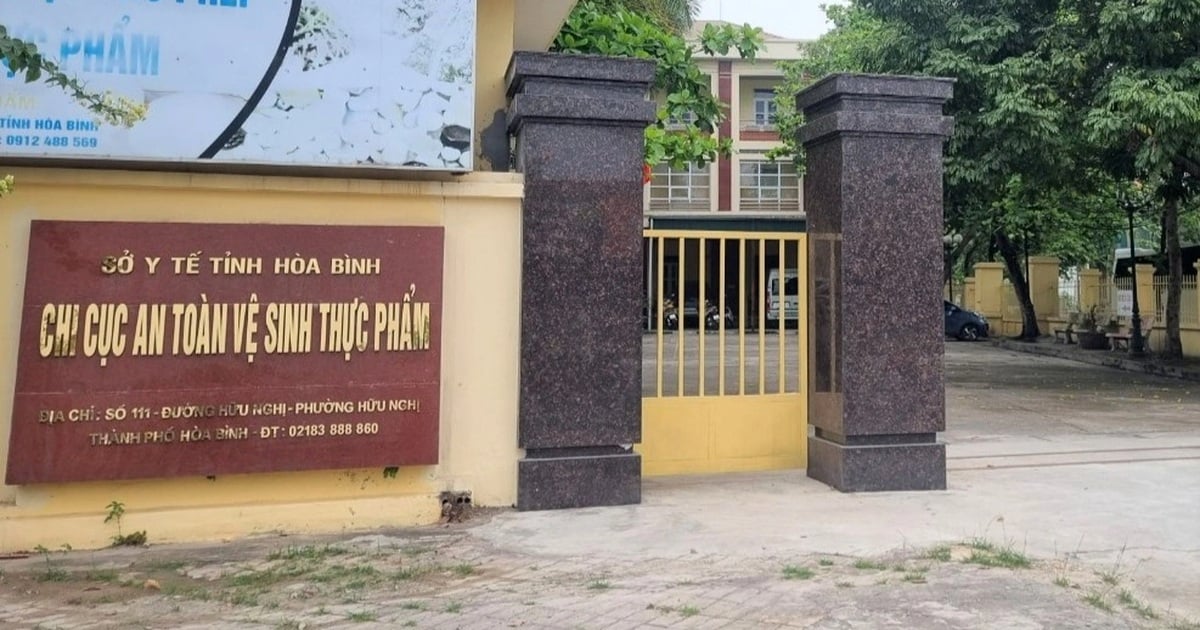
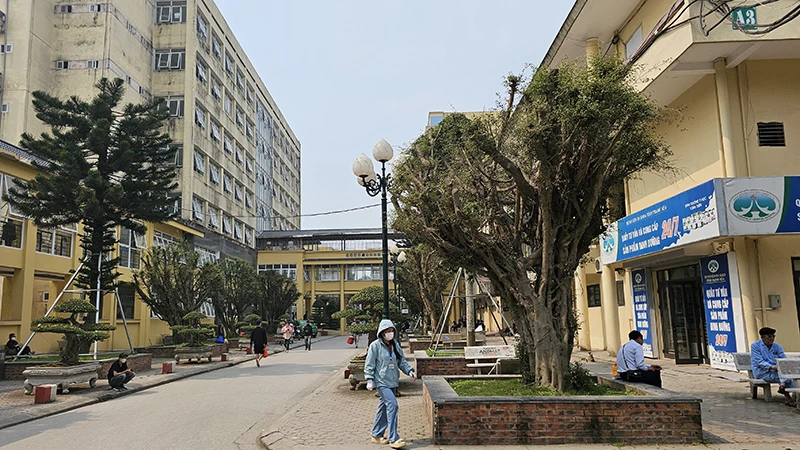
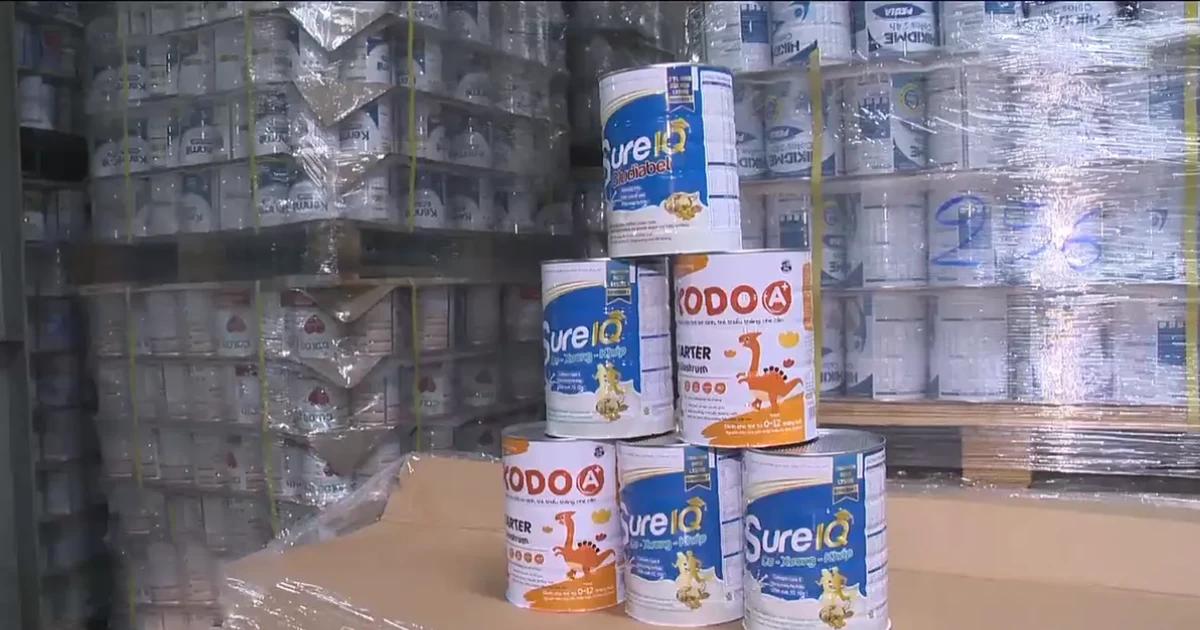
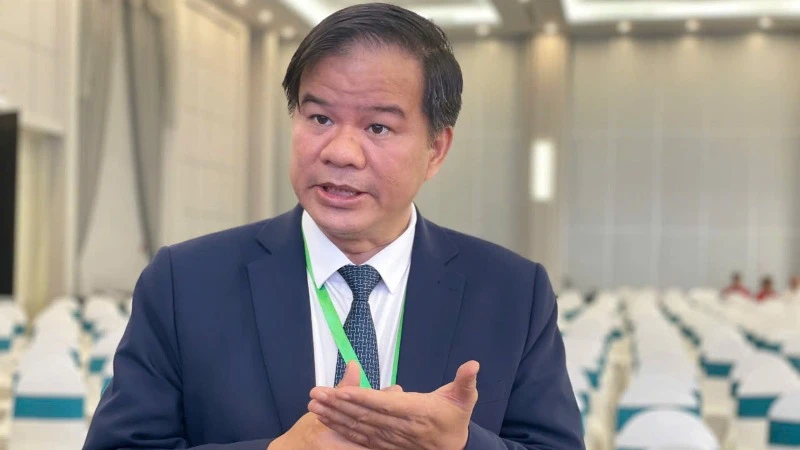
























































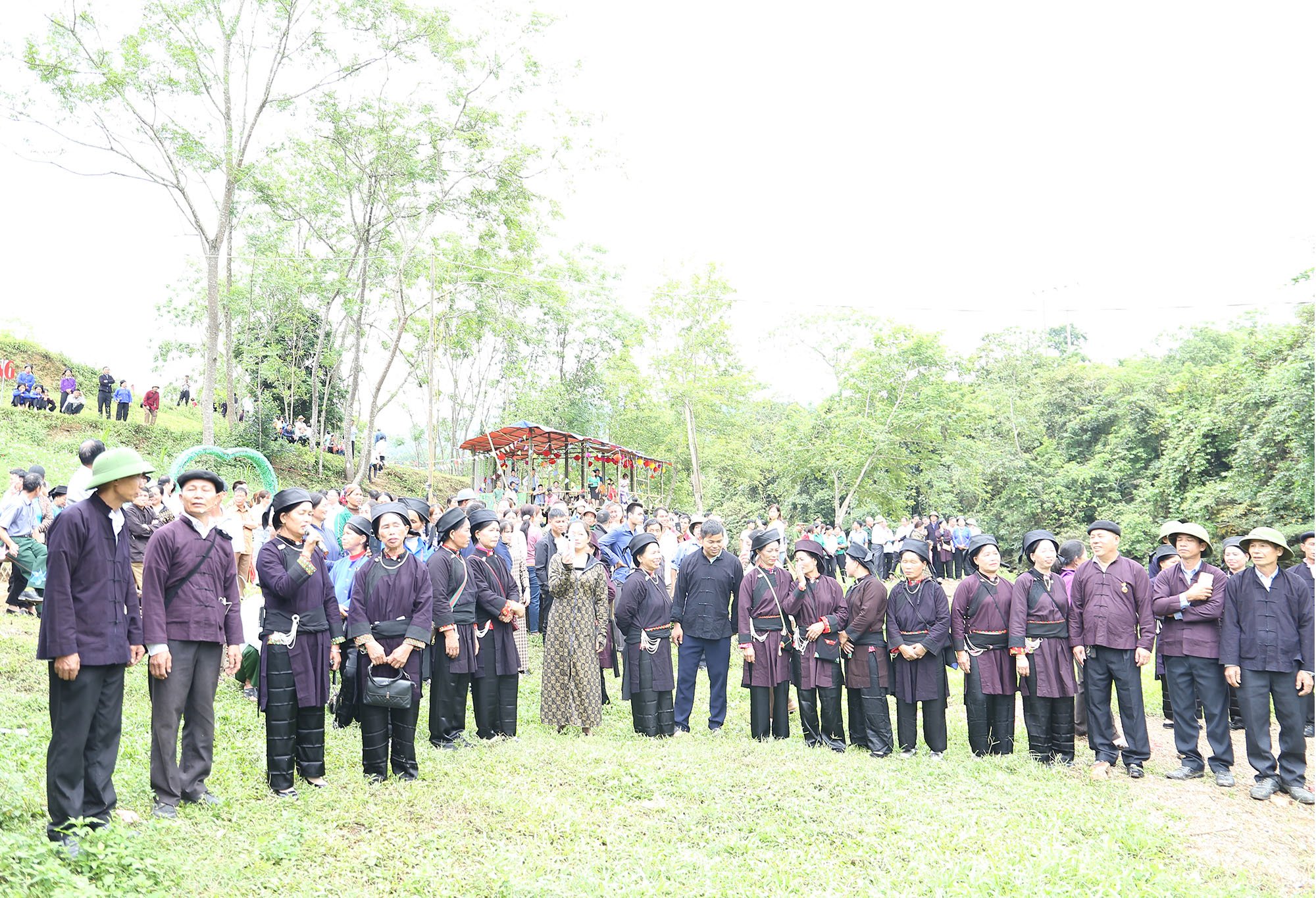

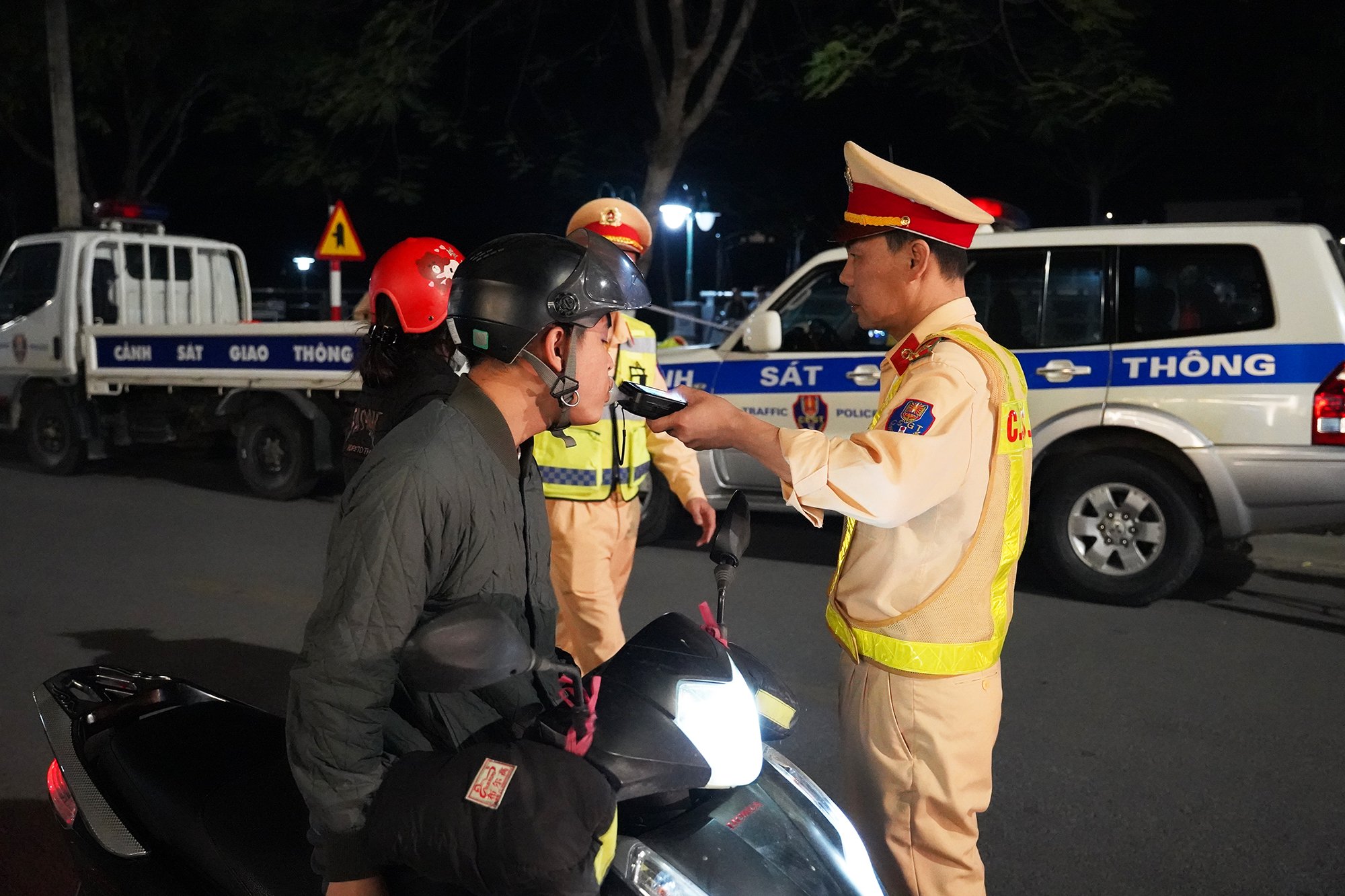
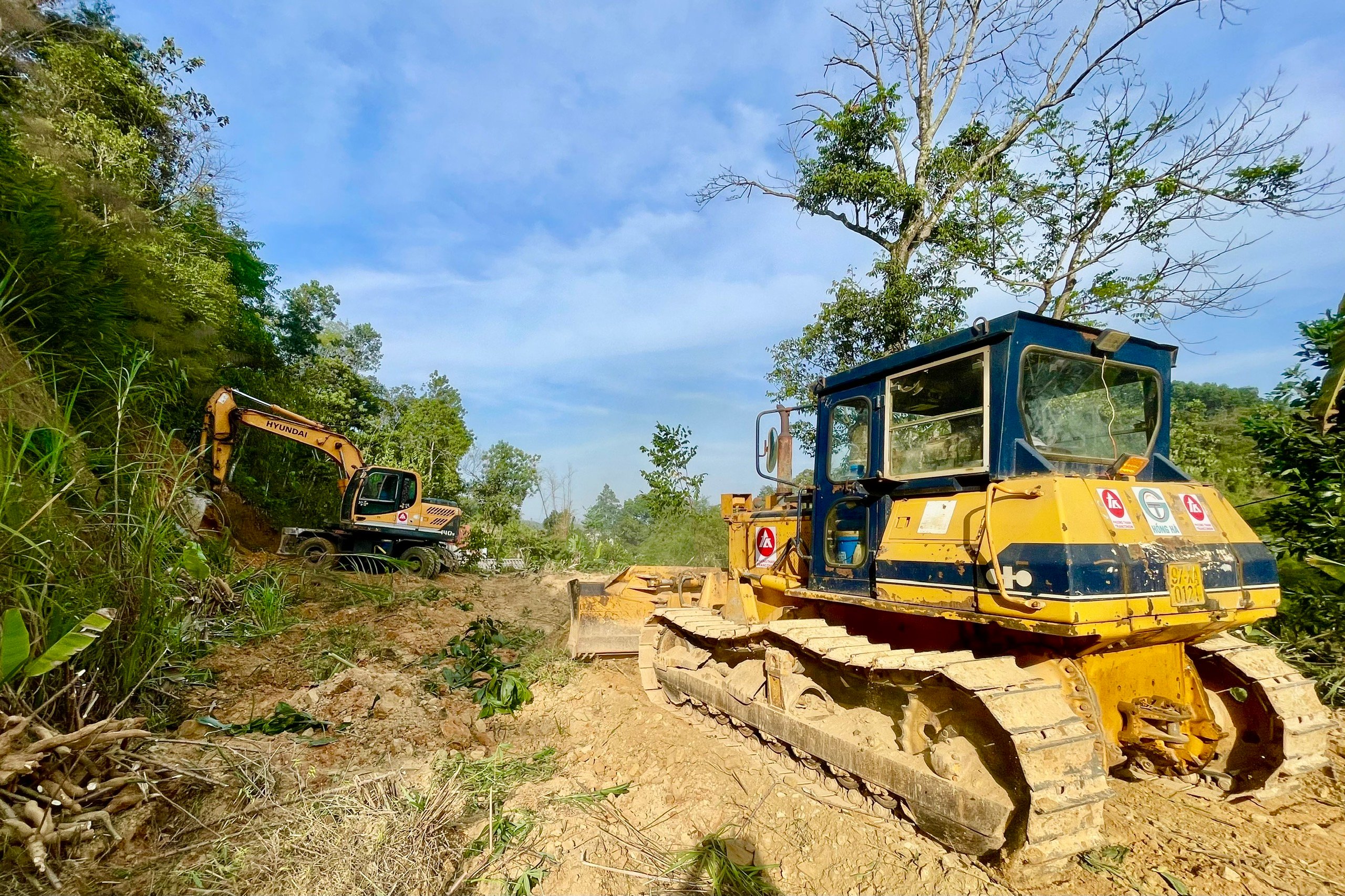
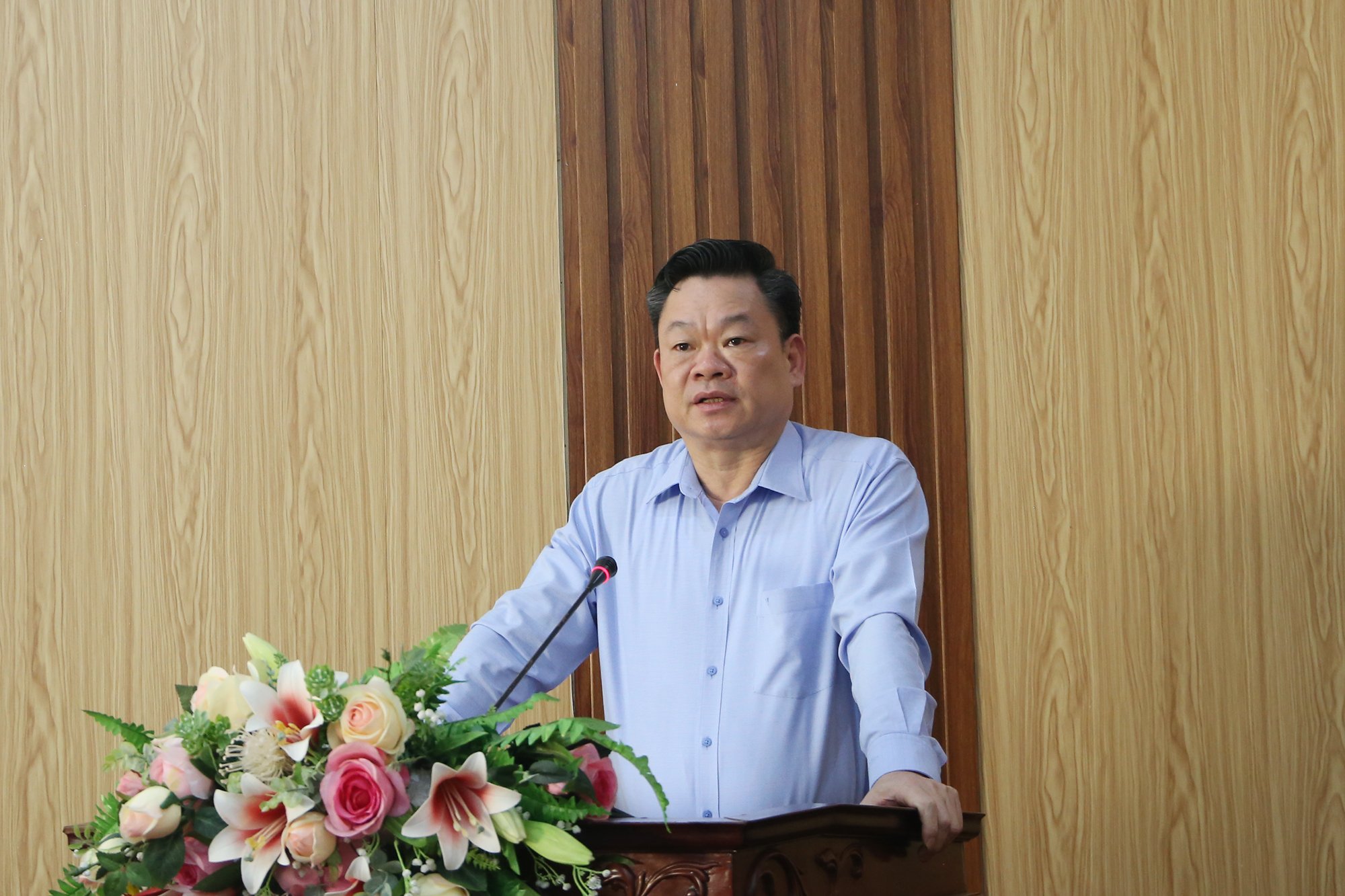












Comment (0)